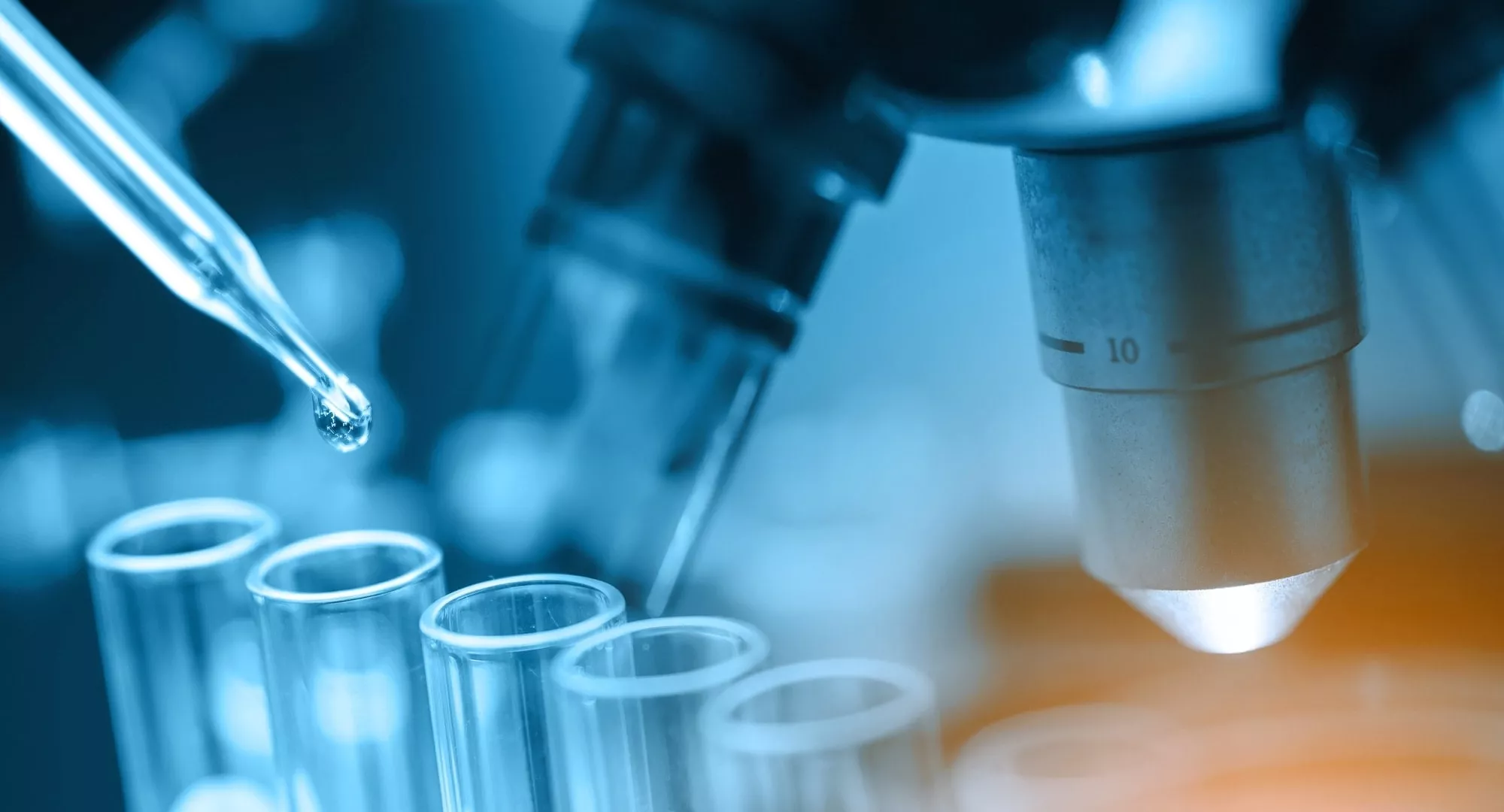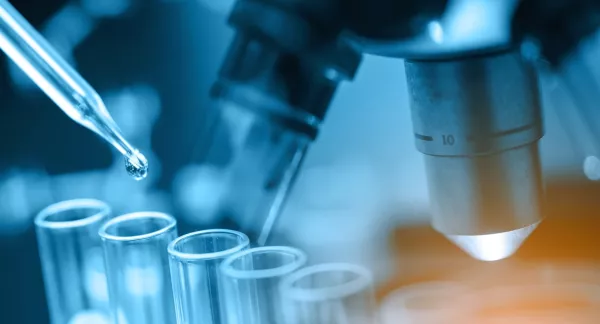
Full-Scale Validation of Cryptosporidium and Giardia Log Reduction in Secondary Biological Treatment
Abstract
Indirect Potable Reuse (IPR) is becoming an important and anticipated use of treated municipal wastewater in Nevada. Capitalizing on pathogen removal and/or inactivation provided by existing secondary biological treatment processes eliminates the need for any additional treatment process and associated long-term costs. The study established an additional treatment barrier for Cryptosporidium and Giardia removal/inactivation without additional costs by demonstrating log reductions in specific types of existing secondary treatment processes. The project outcomes will have national implications for reclaimed water treatment train selection in IPR projects.
An article about this project has been published in Science of The Total Environment and is available at https://doi.org/10.1016/j.scitotenv.2021.151053.
Originally funded as WERF project WRF1726
